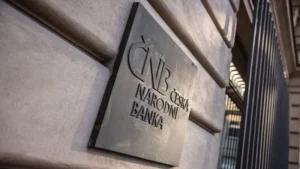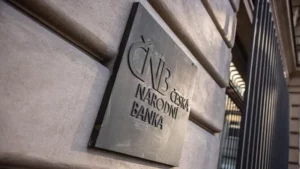
Canada’s Comprehensive Approach to Cryptocurrency Regulation: Insights into the Current Landscape
As of 2025, Canada has demonstrated a proactive approach towards regulating its cryptocurrency sector, demonstrating a commitment to striking a balance between innovation and security. In recent years, the country has taken significant strides in establishing a robust regulatory framework.
The timeline of crypto regulations in Canada reveals an ongoing effort to refine existing rules for virtual asset service providers (VASPs). The government is prioritizing anti-money laundering (AML) compliance, as well as combating terrorist financing. This comprehensive approach underscores the importance of consumer protection and mitigating risks associated with cryptocurrency investments.
One crucial aspect of Canadian crypto regulation is the absence of a specific license for VASPs. Instead, these entities must register with the Money Services Business (MSB) under FINTRAC to operate legally. Failure to comply with this rule may result in penalties being imposed on the entity.
Moreover, Canada’s regulatory landscape has also introduced capital gains tax implications for crypto-related transactions. Specifically, 50% of any capital gains generated by selling, using for purchases, or trading cryptocurrencies are taxable at your combined federal and provincial income tax rate. This highlights the importance of understanding tax obligations when engaging in these activities.
Another significant aspect is that specific crypto activities, such as buying crypto with Canadian dollars, transferring crypto between one’s own wallets, holding crypto, or receiving it as a gift, remain tax-free events. This underscores Canada’s commitment to fostering a favorable environment for cryptocurrency adoption and growth.
In terms of government oversight, FINTRAC plays the primary role in ensuring AML/CFT compliance. Additionally, the Canadian Securities Administrators (CSA) and provincial securities regulators (like the OSC) monitor crypto trading platforms and investment funds.
Evidently, Canada has shown a commendable commitment to creating a clear regulatory framework for cryptocurrency activities. This stance is likely to continue, as the government focuses on refining existing rules rather than introducing new ones.
The Canadian government remains steadfast in its goal of promoting innovation while ensuring public safety, making it an attractive destination for both investors and entrepreneurs in the digital currency space.
Source: coinpedia.org


